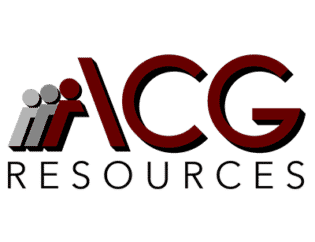1. Remote Work Regulations and Compliance
Update:
As remote work becomes more common, laws surrounding remote work policies and employee rights continue to evolve. Many states now require clearer guidelines on remote employee reimbursements, working hours, and health and safety standards.
Strategy Implication:
Businesses should prioritize creating compliant remote work policies that outline compensation for expenses and respect state-specific mandates. Incorporating these updates into your business strategy shows commitment to employee well-being while reducing legal risks.
2. Employee Classification Standards
Update:
With a growing gig economy, there’s been renewed focus on classifying workers accurately as either employees or independent contractors. Misclassification can lead to significant penalties, and recent regulations have imposed stricter standards on worker classification.
Strategy Implication:
Ensure HR and legal teams prioritize the correct classification of employees based on evolving definitions and state-specific requirements. By aligning your hiring strategy with these classifications, businesses can avoid costly legal issues and build trust with their workforce.
3. Wage and Hour Regulations
Update:
Wage and hour laws continue to see updates, especially surrounding overtime pay and minimum wage increases in certain states and localities. Recent changes require precise tracking of employee work hours to ensure compliance with overtime rules.
Strategy Implication:
Accurate timekeeping systems should become a priority in your operational strategy. Invest in software that simplifies hour tracking and ensures proper compensation, reinforcing your commitment to fair labor practices and minimizing the risk of wage disputes.
4. Workplace Safety and Health (OSHA)
Update:
OSHA has increased its focus on physical and mental health standards, with updated regulations on workplace safety, including in hybrid and remote settings. Employers are now held accountable for ergonomic setups and mental health support for remote employees.
Strategy Implication:
Updating workplace safety protocols to meet these new requirements should be prioritized in your business strategy. This may include ergonomic assessments for remote setups and mental health resources, showing employees that safety remains a core value, whether on-site or remote.
5. Data Privacy and Employee Monitoring
Update:
New legislation addresses the balance between employee privacy and company interests, especially as employee monitoring technologies become more sophisticated. Laws now demand transparency about what data is collected and how it is used.
Strategy Implication:
Businesses should prioritize transparent policies around employee monitoring and data privacy, incorporating clear communication about data usage and monitoring practices. This approach not only keeps the company compliant but also helps foster a culture of trust within the organization.
Conclusion:
Navigating employment law updates is an ongoing priority for any business aiming to build a compliant and sustainable strategy. By staying informed and proactively integrating these legal updates into business planning, leaders can avoid potential pitfalls and strengthen the company’s commitment to fair and lawful practices. Prioritizing legal compliance as a core component of your business strategy helps safeguard the company while building a trustworthy, positive reputation with employees and stakeholders.








